Each camp group explores a unique science topic for the duration of camp.
Additionally, a broader camp-wide theme is chosen every summer. Each group spends time studying this overarching theme through the lens of their specific group topic, making meaningful connections between the two.
Group Topics
Experimenters
Human Body
(completed kindergarten)
Human Body(completed kindergarten)
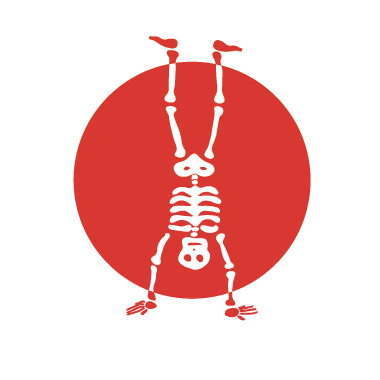
Campers explore the form and function of the organs and systems inside our bodies. Microbes (germs) and nutrition are also covered as campers learn about what a human body needs to thrive.
Topics covered include: form and function of organs and systems, microbes, and nutrition.
Detectives
Botany
(completed kindergarten or 1st grade)
Botany(completed kindergarten or 1st grade)

Campers examine plants on a macro and micro level, and learn how plants adapt to different habitats. They study the pollination process and the possibilities of hydroponics and vertical farming in urban environments.
Topics covered include: plant adaptation, pollination, hydroponics and vertical farming.
Investigators
Life Science
(completed 1st grade)
Life Science(completed 1st grade)
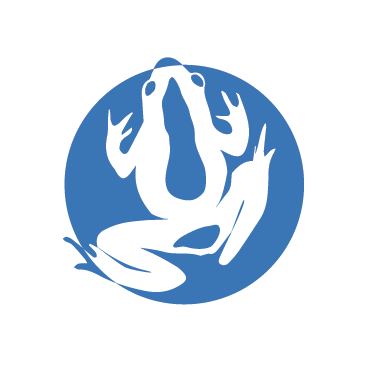
Campers observe the habitats, adaptations, and life cycles of diverse organisms. Through the study of food chains and ecosystems, they develop an understanding of the interconnectedness of the natural world.
Topics covered include: habitats, adaptations, life cycles, food chains and ecosystems.
Observers
Power
(completed 1st or 2nd grade)
Power(completed 1st or 2nd grade)

Campers study electric, wind, magnetic, solar, and hydropower as they explore the importance of power in our lives. From engineering solar ovens to designing water wheels, this group maintains a special focus on sustainable and renewable energy.
Topics covered include: electric, wind, magnetic, solar and hydro power, with a focus on sustainability.
Sleuths
Simple Machines
(completed 2nd grade)
Simple Machines(completed 2nd grade)

Exploring the principles behind gears, levers, pulleys, inclined planes, and wheels and axles, campers discover the concept of work. Campers engineer and design marble runs, catapults, and Rube Goldberg machines as they discover how machines are an integral part of their lives.
Topics covered include: gears, levers, pulleys, inclined planes, and wheels and axles. through marble runs and catapults.
Explorers
Geology
(completed 2nd or 3rd grade)
Geology(completed 2nd or 3rd grade)
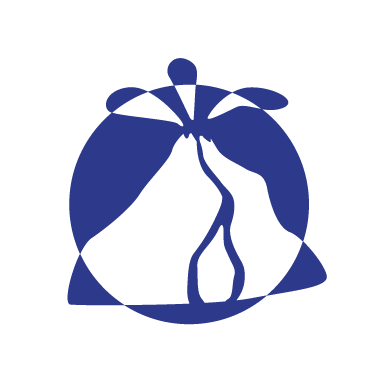
Campers explore the properties of rocks and minerals, and examine natural phenomena such as plate tectonics, volcanoes, earthquakes, geysers, erosion and weathering. Through the study of geologically unique National Parks, they gain an understanding of how these elements shape our Earth.
Topics covered include: rocks, minerals, plate tectonics, volcanoes, earthquakes, and erosion.
Innovators
Aerodynamics
(completed 3rd or 4th grade)
Aerodynamics(completed 3rd or 4th grade)

Through the construction of gliders, parachutes, propeller and jet-powered crafts, rockets, and helicopters, campers explore the basic principles of flight. They then engineer their own flying machines, incorporating their understanding of resistance, lift, and thrust.
Topics covered include: gliders, parachutes, helicopters, jets, and the basic principles of flight.
Inquirers
Structures
(completed 4th grade)
Structures(completed 4th grade)

Our graduating campers explore the complex world of structures, bridges, and skyscrapers. They consider the principles of form, function, stability, and strength. They also gain a working knowledge of TinkerCad and 3D printing to design and create building prototypes.
Topics covered include: bridges, skyscrapers, and the basic principles of architecture including form, function, stability, and strength.
Camp-wide Themes
Some of our past camp-wide themes:
Colorful Science
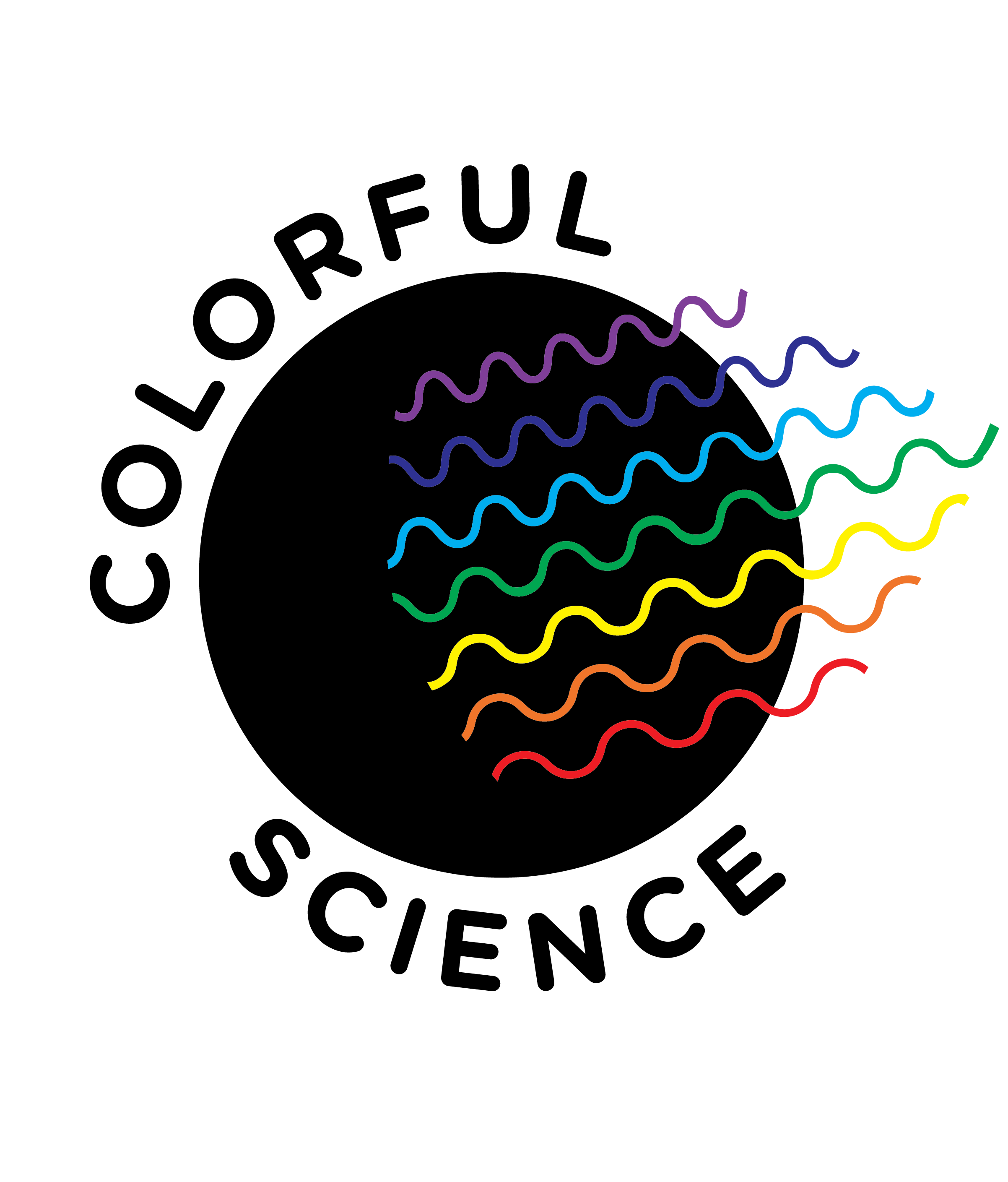
Color science, known as chromatics, is as fascinating as it is celebratory; spanning scientific disciplines, the study of color engages the mind and the heart. From design, to art, to engineering, the ways that we understand and manipulate color create breathtaking experiences and problem-solving innovations in equal turn. In 2021 we dove into the wonderful world that is color and light! We explored the physical science of color, experimented with the art and science of color mixing, and designed our own creations inspired by the colorful workings of the natural world.
Beyond the physical, chemical, and biological explanations of color is the connection between color and our many ways of knowing, feeling, and being. Color is, at its heart, truly subjective, and each of us has a relationship with it that is all our own. As a camp community, we had the opportunity to explore the human side of color, and the many ways that it aids us in communicating with each other and expressing our unique selves.
Paleontology
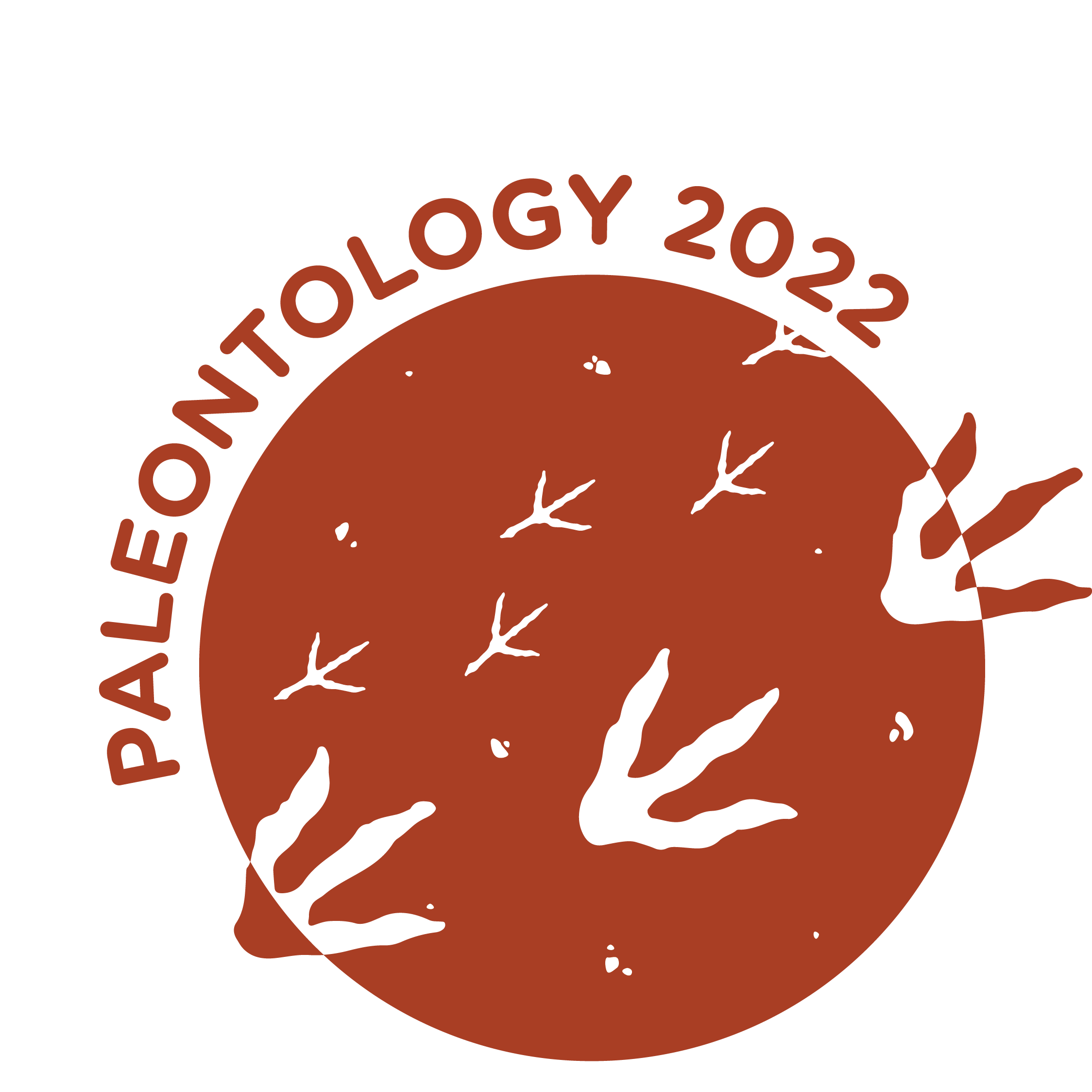
Ancient forests that turned into coal? Wolf-like carnivores that evolved into the gentle giants of our oceans? Colossal creatures that shook the Earth as they walked? These are just three of the stories that Earth’s history has to tell. Paleontology, the study of ancient life, brings these stories back to life. Each story of life-on-Earth begins with many questions: What did the Earth look like billions of years ago, and how did it change over time? How did animals and plants evolve to be how they are today? What were the dinosaurs? How did they move and behave, and how do we know? In 2022, together with our young scientists, we explored all of these questions and more as we built our understanding of the planet we live on, and our place within it.
As paleontologists, we discovered fossils of all kinds, and learned to identify many different types. While practicing our skills of observation and inference, we learned how to use fossils as clues to figure out how ancient organisms looked, moved, and behaved billions of years ago. We took a look at the Geologic Time Scale; the timeline of the Earth, and see where organisms like trees, flowers, mammals (including humans!) and reptiles fit into Earth’s story. We will also got familiar with the Mesozoic Era, the age of dinosaurs, as we learned what a dinosaur is, what it is not, and which dinosaurs are still alive today.
Farming in the City
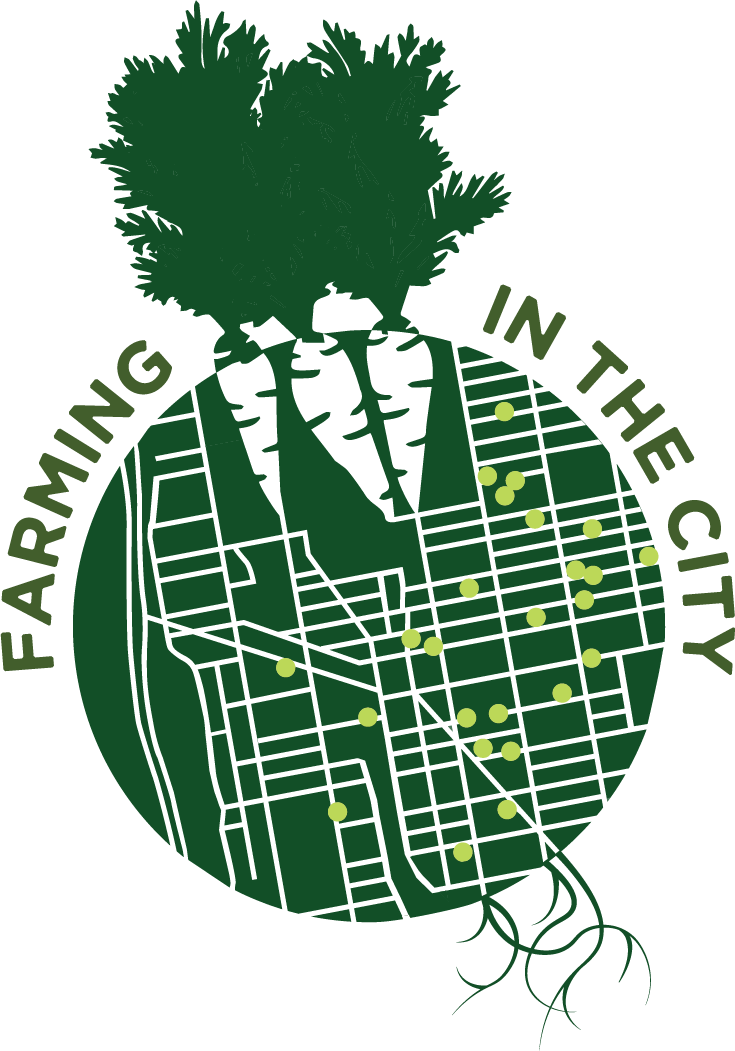
When most of us think of our favorite fruit or veggie, we often do not consider where it came from. If we did, we might imagine a huge sprawling farm, many miles away, with neat little planted rows as far as the eye can see. But what if your favorite berry didn’t have to travel miles to reach your plate? Thanks to so many innovative, community-minded city folk, this dream can be reality, and it is! Currently there are community farms nestled between buildings, soaking up sunlight on rooftops, or in local schools and public parks all over New York City. Not only does city farming provide New Yorkers with fresh local produce, it turns out these farms are helping with many of our city’s environmental problems! During Summer 2023 we dug deep, got our hands in some soil, and explored the many ways that urban farming happens in our own backyard. Compost, hydroponics, vertical farming, rain catchers and more inspired our campers as we investigated the how, where, and most importantly, the why, of growing in the city. We discovered that the more we farm in the city, the more we learn about what is possible to achieve when we work together!